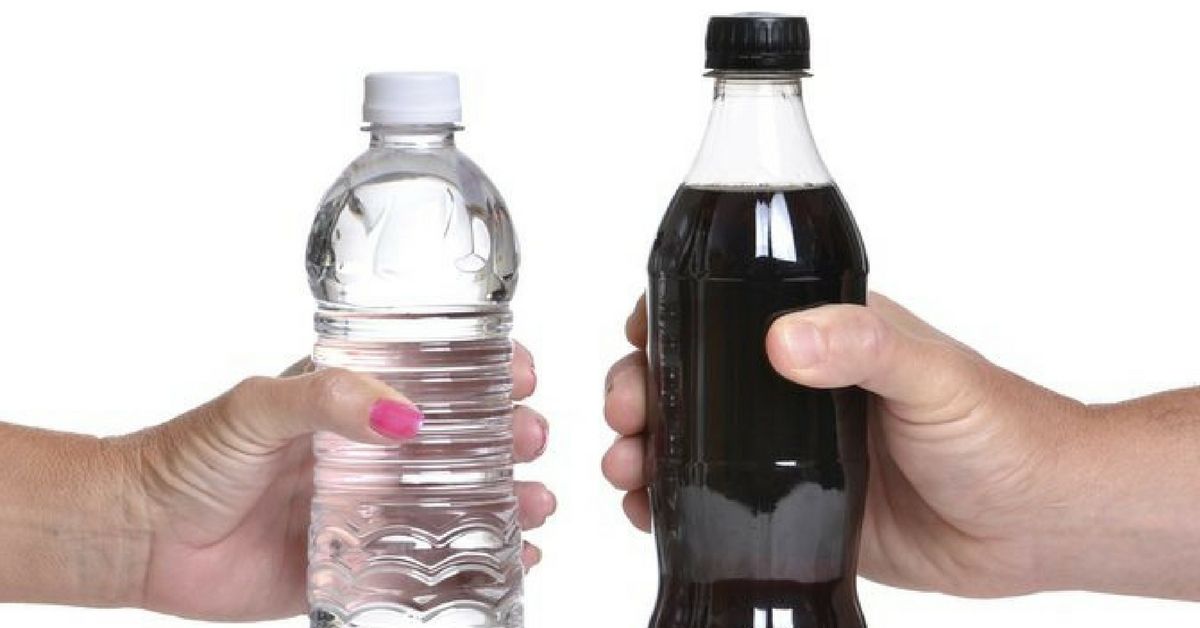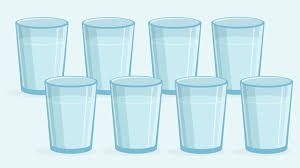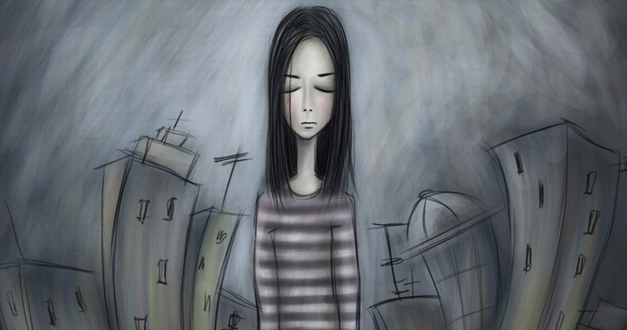It's no secret that water is healthier for you than soda. That being said, it's amazing to see just how much of a difference you will see, from making the switch from soda to more water.
Experts tell us we should stick to 8x8 rule when drinking water, that means eight 8 ounce glasses per day. Even though that sounds like a lot, our body needs that much to stay healthy. Water is your body's principal chemical component and makes up about 60 percent of your body weight. Your body depends on water to survive. Every cell, tissue and organ in your body needs water to work properly. For example, water: Gets rid of wastes through urination, perspiration and bowel movements, keeps your temperature normal, lubricates and cushions joints, and protects sensitive tissues
Lack of water can lead to dehydration "” a condition that occurs when you don't have enough water in your body to carry out normal functions. Even mild dehydration can drain your energy and make you tired.
So, we know we need to drink a lot of water, but is there even a big difference that we're drinking soda instead? The answer is yes.
If you make the switch from soda to water you will notice a long list of things changing in your body, for the better.
When switching to water, you will become a lot more hydrated. Throughout the day, you lose about 8 cups of water from your body. If you don't replace this lost water, it can lead to dehydration, which can lead to thirst, headaches, dizziness, drowsiness, nausea, vomiting, muscle cramps and dry mouth. Soda does not replace the water you lose, soda can actually make dehydration worse by increasing urine production.
Probably the best difference you'll notice is that you can lose weight. An average can of soda contains about 150 calories, which mostly comes from the sugar. If you were to drink two soda a day for 30 days, you'll have taken in about 5 pounds of sugar and 9,000 calories just from the beverage alone. If you think you're in the clear because you drink diet soda, that isn't the case.
The Harvard School of Public Health notes that diet sodas aren't much better. The artificial sweeteners in them may cause cravings for sweet foods and drinks, which can lead to an increase in calorie intake and weight gain.
Water, on the other hand, may even help you lose weight. Water has zero calories and zero sugar. Also, according to the Academy of Nutrition and Dietetics, adults who drink a large glass of water before a meal eat about 75 fewer calories at that meal.
You will also probably notice shinier and whiter teeth after making the switch. The acids in soda can actually break down the enamel on your teeth, causing cavities and tooth decay. Most water contains fluoride, which strengthens teeth, making them less likely to be damaged from plaque and sugars.
The last thing, but definitely one of the best things you'll notice is your wallet will be a little bit thicker. Switching from soda to water will save you money because soda costs money and water is free. Even if you're completely against tap water, a case of water is a fraction of the cost of a case of soda. Also, water purification systems are a one-time buy and make tap water taste like bottled, while also saving the environment.
Water contributes to you health in every form, while soda has no nutritional value and deteriorates your health. While the sweetness of the carbonated beverage may be enticing, ditch the soda and reach for water instead.
If that just isn't an option for you, there are some other ways to avoid the health consequences. If you soda due to the bubbles, switch to sparkling water instead. If its the sweetness/flavour, add a lemon, or even fruit to give you water more flavour.
If none of these solutions are going to cut it for you, try to at least match every soda you drink, with one (or more) glass of water. This will keep you from dehydration.
Water is one of the easiest and cheapest ways to stay healthy. It may not be your first choice, but are the endless benefits reason enough to make the change?





